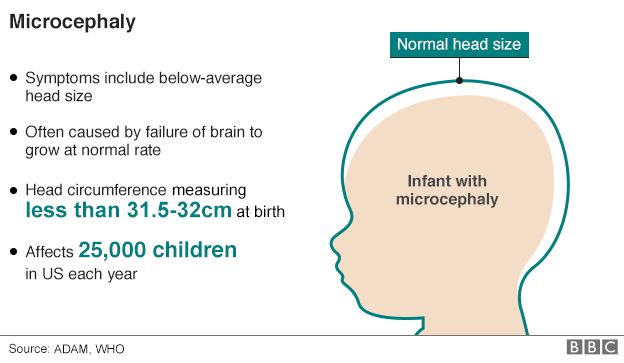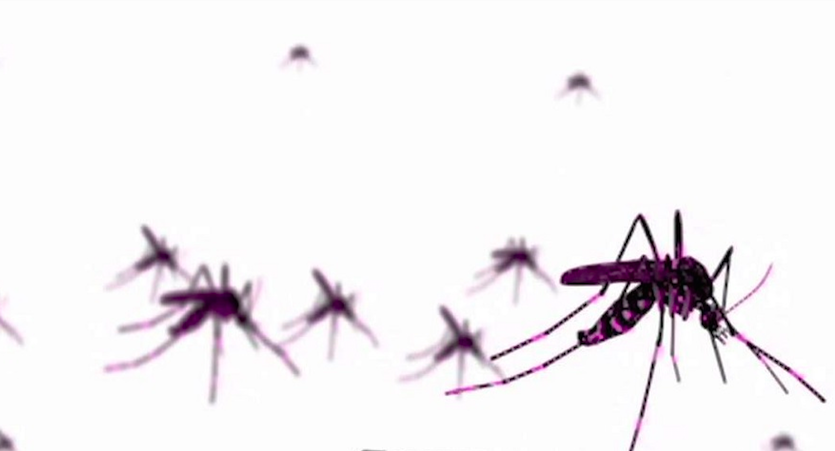
With the deadly, mosquito-borne Zika virus sparking panic in South America and popping up in a handful of places in the southeastern United States, Alabamians are beginning to wonder, should we be worried?
Zika was first discovered in Uganda in 1947. It spread rapidly across Africa, then popped up in various regions of the world in the ensuing decades: Pakistan, Malaysia and Indonesia in the 1970s, Micronesia in the early 2000s, and most recently in South America, where it has exploded in recent months and scrambled the world health community into action.
Zika currently has no known cure and a viable vaccination could be as much as a decade away.
The good news is the virus is typically not fatal for adults.
According to well-known internal Medicine doctor Jorge Rodriguez, “Only about 50 percent of the people infected with Zika got any symptoms whatsoever…and if they did get it, it would maybe be a mild flu-type symptom.” Experts believe the virus is typically out of a person’s bloodstream in roughly a week. But it has caused some neurological conditions in some infected adults.
The real danger, however, is for unborn babies, who by mother-to-child transmission can contract the virus.
This is believed to have been responsible in South America for some 4,000 cases of microcephaly, a condition that often results in children being born with smaller-than-normal heads and brains. It has an almost 100 percent mortality rate, hence the ensuing panic.
The BBC created a graphic that illustrates that potential danger to children who contract Zika:

By 2017, experts estimate between 3 and 4 million people will be infected with the virus in Central and South America. As the weather in the southeastern United States warms up, the virus could potentially begin to spread here.
However, unlike many of the South American countries where Zika has spread recently, the United States has mosquito control capabilities that will help slow it down.
As for how Alabamians should respond, Dr. Rodriguez told TheBlaze it is not quite time to “freak out.”
“But you definitely need to be vigilant,” he added. “For me, any viral disease that starts growing very quickly is very dangerous. Right now, if you are a woman of child-bearing age, especially if you are pregnant, you shouldn’t go to any of the places where this virus is endemic…meaning, primarily South and Central America.”
According to the Associated Press, the U.S. Food and Drug Administration has decided to “defer blood donations from travelers who have visited one of the regions where the Zika virus is prevalent” in an effort to protect the U.S. blood supply. Thirty-one U.S. residents have been diagnosed with Zika infections in the past 12 months after traveling to the Caribbean or Latin America.
Writing in the Journal of the American Medical Association, doctors Daniel Lucey and Lawrence Gostin expressed the medical community’s widely-held belief that the World Health Organizations’ (WHO) slow response to Ebola cost thousands of lives. They warned against making the same mistake again with a virus with as much pandemic potential as Zika.
“An Emergency Committee should be convened urgently to advise the Director-General about the conditions necessary to declare a Public Health Emergency of International Concern,” they wrote. “The very process of convening the committee would catalyze international attention, funding, and research.”
Scott Stantis, famed editorial cartoonist and longtime Alabama resident said it may ultimately be more important to prepare for the hype surrounding Zika than it is to prepare for the virus itself.
“You have to believe the cable news networks already have a logo and theme music for the non-pandemic to come,” he concluded, along with the cartoon below.











